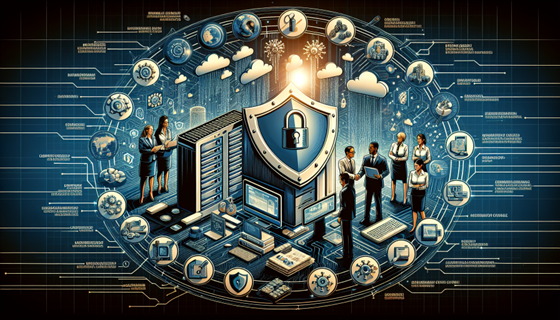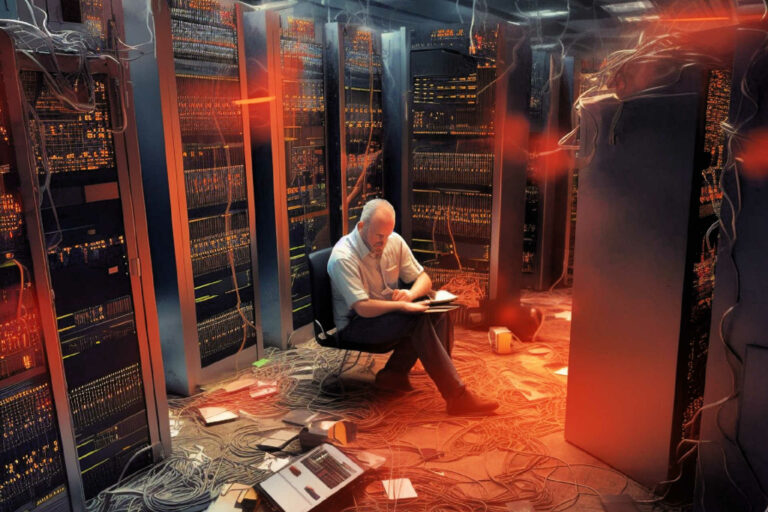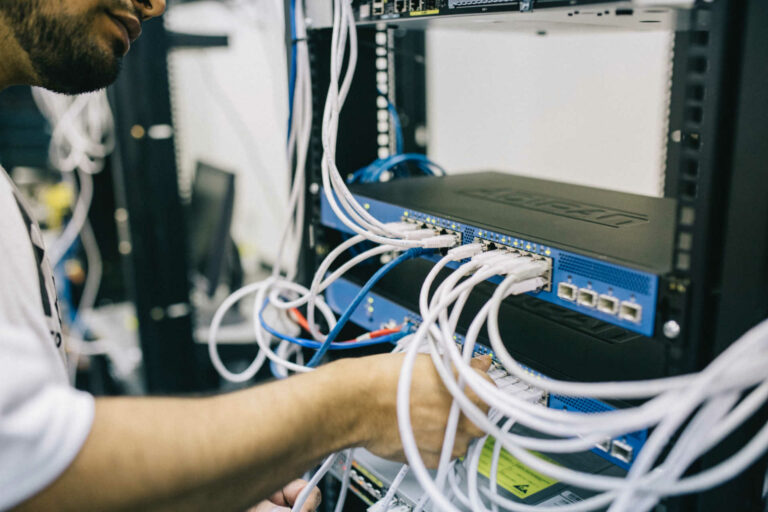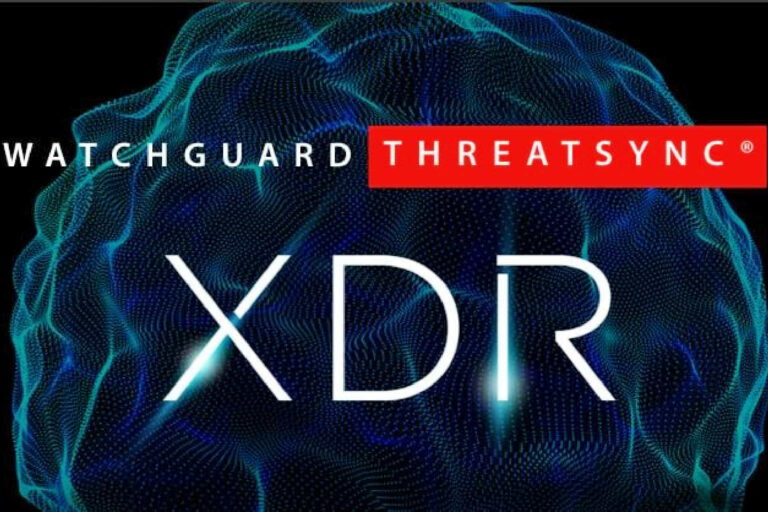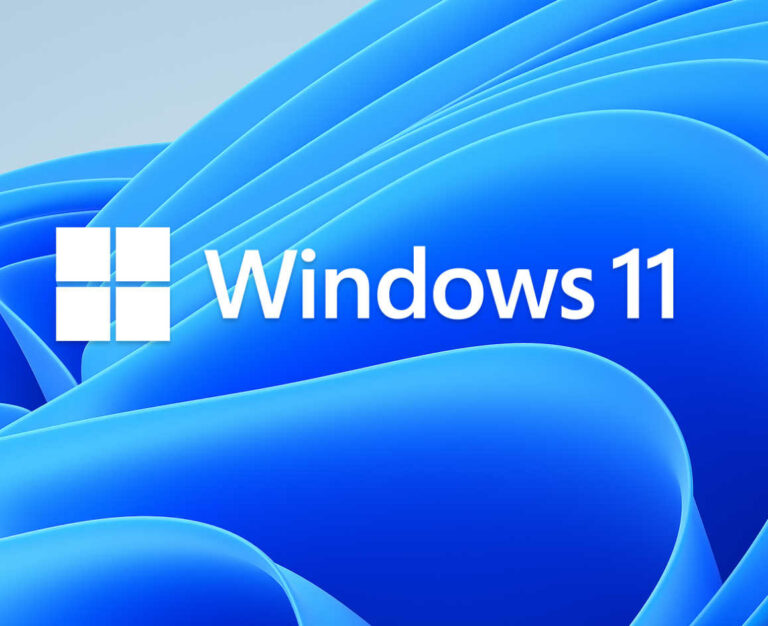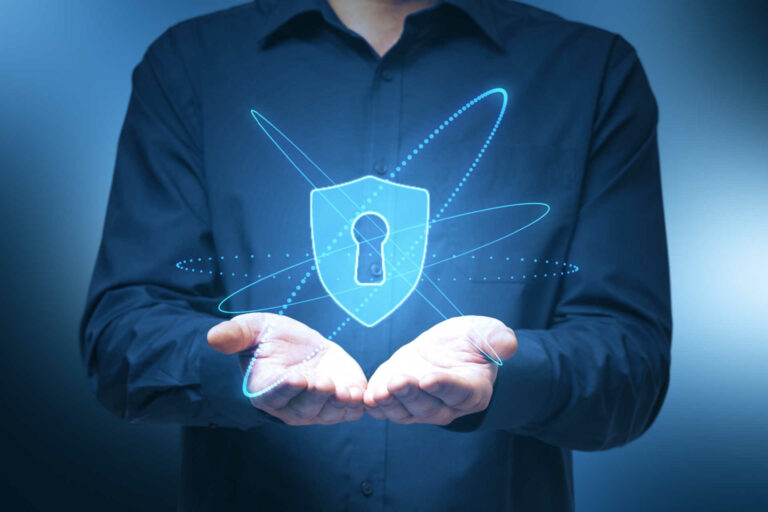In recent times, cyber attacks have become all too common. Large companies like MGM Resorts become targets. Here’s what happened, why it matters, and what we can learn from it.
1. How Did the Hackers Break In?
Hackers from an international group called “ALPHV” or “BlackCat” attacked MGM Resorts. They were clever. First, they found the MGM IT Manager on Linkedin. With this information, they made a phone call to the MGM help desk pretending to be the manager. They pretended to be this employee. They said they had trouble with the system. The MGM help desk believed them. In less than 10 minutes, they got information. This let them sneak into MGM’s computers.
This is called “pretexting”. It means using a fake story to trick someone. It’s a common way hackers get into systems.
2. What Did the Hackers Do Next?
After getting into the system, the hackers took control. They got the employee’s user details. They even got control of the admin account. This gave them a lot of power. They removed safety software. Then they put in bad software called malware.
MGM found out about this malware on September 10th. The hackers then asked MGM for money. This is called a ransom. But MGM said no.
Another company, Caesars Entertainment, had a similar problem. The same hackers asked them for 30 million dollars. Caesars decided to pay half of it. They didn’t want any trouble.
MGM chose a different path. They turned off their computers. They started working by hand. But this caused problems. Many MGM places had outages. Places like Bellagio, Excalibur, and the MGM Grand had issues.
MGM told the public about the attack on September 11th. They also said 19 of their properties were affected. The attack caused MGM to lose a lot of money. About $13 million every day.
3. Should Companies Pay Ransoms?
This is a big question. Should companies like MGM pay hackers when they ask for money? Some say yes. If they pay, maybe the problem will go away fast. Others say no. Paying might just invite more attacks in the future.
Caesars Entertainment chose to pay. They wanted their business to run smoothly. MGM decided to fight back. They didn’t want to give money to the bad guys. Both choices have good and bad sides.
As of now, we don’t know if MGM has paid any money. But we do know their computer systems are still not working.
What we can learn.
Cyber attacks are a big problem. They can happen to any company. It’s important to be safe online. Companies need to train their staff well. Every phone call and email should be checked. We should all be careful. This way, we can avoid big problems in the future.
What do you think? Should companies pay ransoms? Share your thoughts below.


